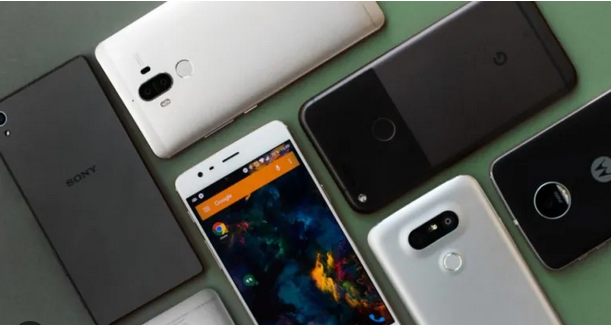Kenya’s smartphone market declined for the second consecutive quarter of 2022, with shipments falling 13.5 percent year on year.
This is according to the International Data Corporation (IDC), a global technology and consulting services firm, in a report released last week.
The firm attributed the drop mainly to supply shortages and inflation, with the shilling averaging 121.09 to the dollar in quarter four. This pushed up import costs and prices.
“While the general market sentiment was negative in Q4 2022 and reflective of the supply chain squeeze that occurred throughout 2022, those vendors that offered their products via asset-financing platforms were the least impacted, demonstrating a growing appetite for mobile financing schemes,” said George Mbuthia, a senior research analyst at the IDC, in the report released in Nairobi.
Mr Mbuthia noted that asset-financing platforms promise the next big innovative service and fast penetration, appealing to the vast but untapped segments of the consumer base in Africa.
“Very soon, the industry will witness these platforms grow, taking the smartphone market along with it,” he said.
The smartphones now account for 72 percent share of overall mobile phone shipments to the country, the report disclosed, noting that consumer spending on smartphones declined as prices for basic commodities increased, constraining budgets for technology products.
According to the IDC, smartphone distributors held back on their investments and reduced their inventories in an attempt to avoid losses as prices kept fluctuating. The IDC said Samsung led the way in Kenya’s smartphone market during the period with a 31.7 percent unit share.
The report showed Tecno took second place with an 18.8 percent share, while third-placed Infinix accounted for 9.2 percent of shipments. The consulting firm also said Samsung leveraged its distribution through the M-Kopa asset-financing platform, which provides underbanked customers in Africa with the opportunity to purchase products like smartphones. It expects Kenya’s smartphone market to remain relatively flat, with shipments growing by just 1.4 percent.
Ramazan Yavuz, a senior research manager at the IDC, said inflation is expected to hurt the smartphone market this year, and the recovery will begin only in the final quarter of 2023 as economic uncertainty diminishes, vendors bring price volatility under control, and supply shortages come to an end. “With all the challenges in the market, the rapid transition to smartphones will continue, enabled by mobile financing schemes such as M-Kopa and Easy-Pay that help consumers to purchase new devices even as prices continue to rise,” Yavuz said.





